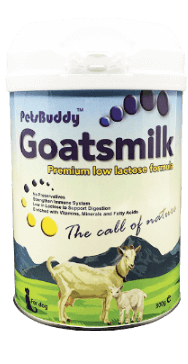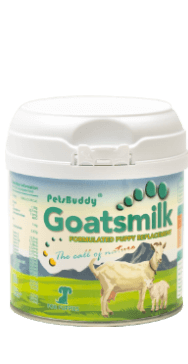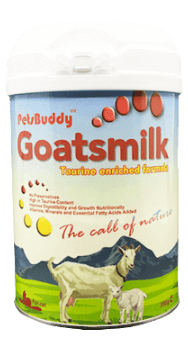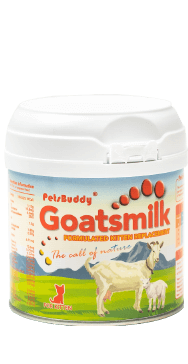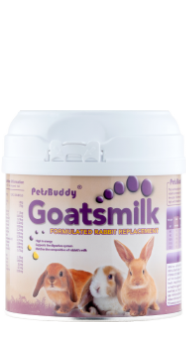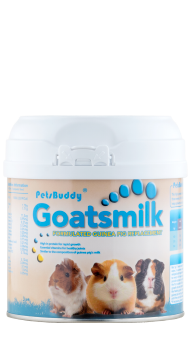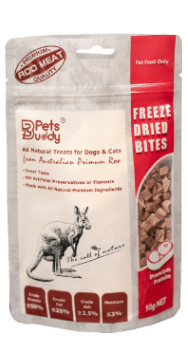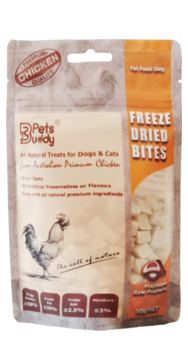Pet food ingredient supply chains can snap, or at least get tangled, for many reasons. The COVID-19 pandemic stressed those weak links in 2020. However, pet food producers largely found ways around the supply chain disruptions caused by the early stages of the pandemic. Pet food producers and their suppliers face the ongoing potential for interruptions as various countries, such as the United Kingdom, reinstate movement restrictions. Whether because of a global health crisis, or simply a stalled delivery truck, pet food formulators may need to find ways to replace a missing ingredient while staying within labeling regulations and ensuring pet nutrition.
“As formulators, we do replacement,” Serge Boutet, animal nutrition consultant, SB Nutrinnov Consultants, said during his Petfood Essentials: CONNECT-ED educational short course. “We have to look at what we have in the house, in terms of ingredients and try to replace the missing product. Let's say we are missing a protein source, and for sure we don't want to affect the animals by changing a formula, but sometimes we're in a rush. We're in a situation where we cannot stop manufacturing. We do reformulate an ingredient with others we may have in house… If we can rearrange the formulation with available ingredients, then, we may save a lot of money to the company, while not affecting the animals.”
In his career, Boutet has seen substitution used more in livestock feed than pet food. Nevertheless, substitution works for pet food.
He gave the example of a pet food company needing a 60% protein source, but only having a 50% source. Dog, cat and other pet food makers then try to counter-balance with essentially a kind of mini-formulation to replace an ingredient, yet have minimal impact on the final product. Manufacturers, buyers and formulators need to work together to make this happen. Ultimately, if a recipe can’t be developed that will meet animal nutrition or regulatory needs, the pet food facility may need to stop production of affected products. While expensive, the fallout from recalls or lawsuits costs more in both trust and treasure.
“It can be disastrous for the plant itself, but sometimes we have to say no,” he said.
